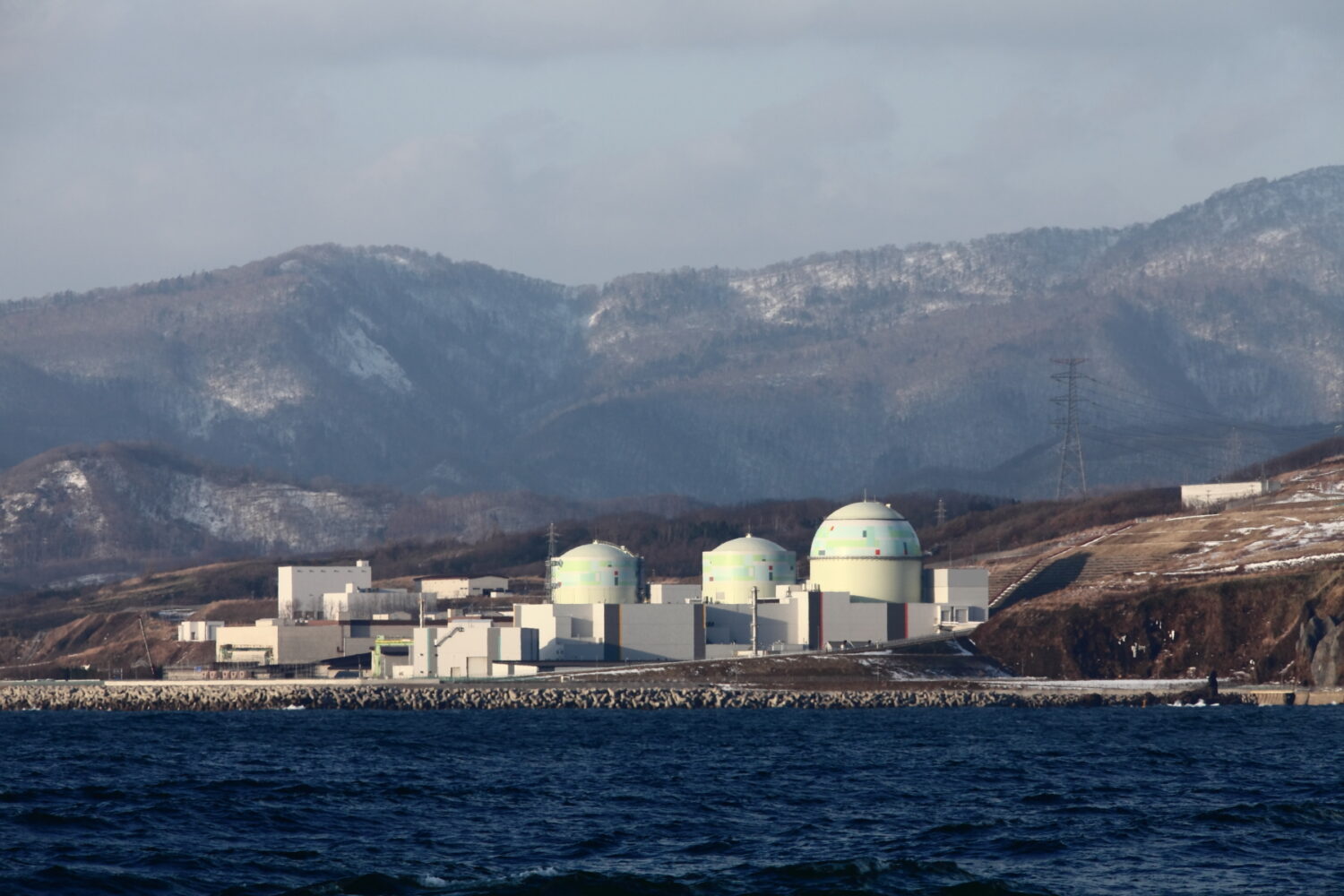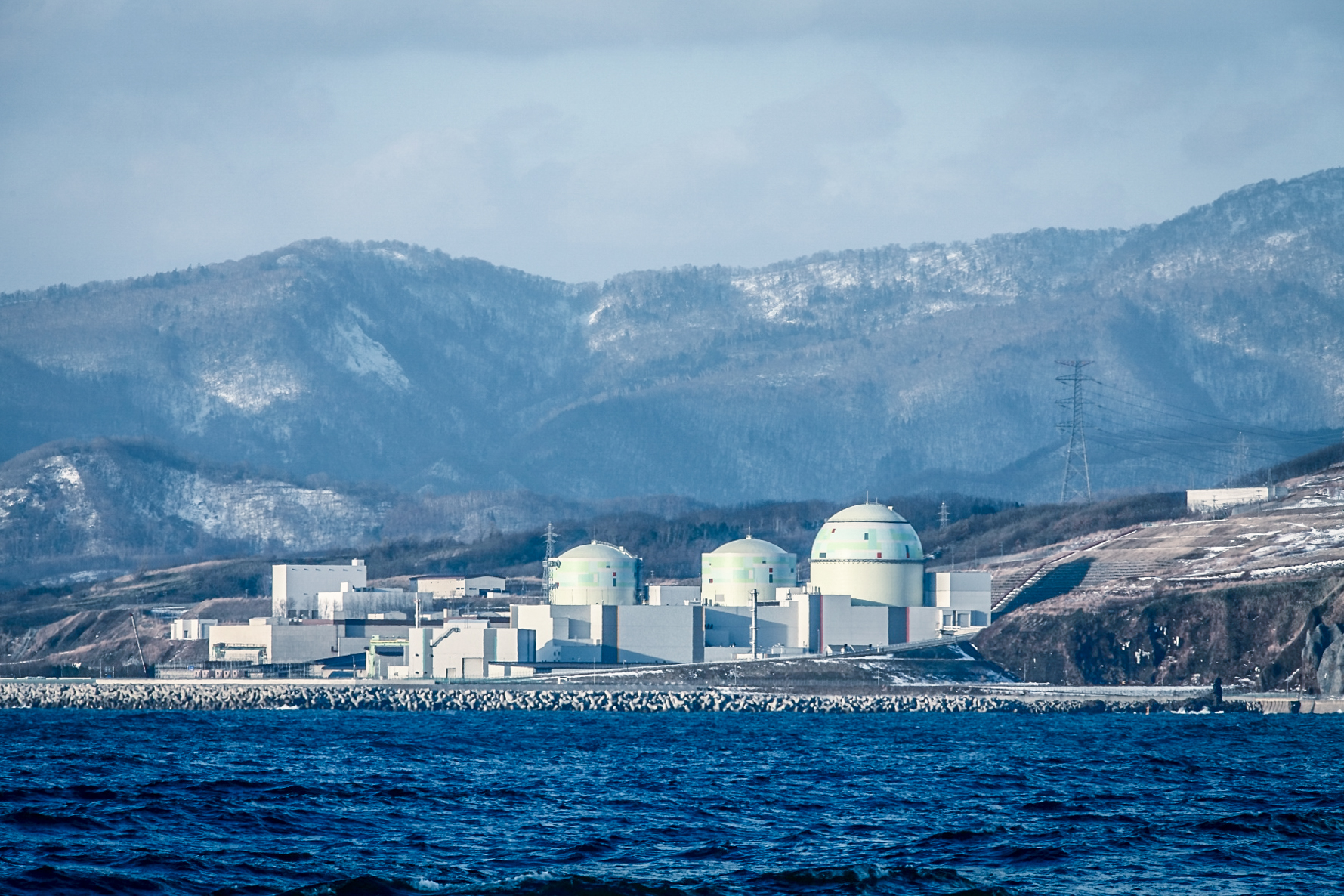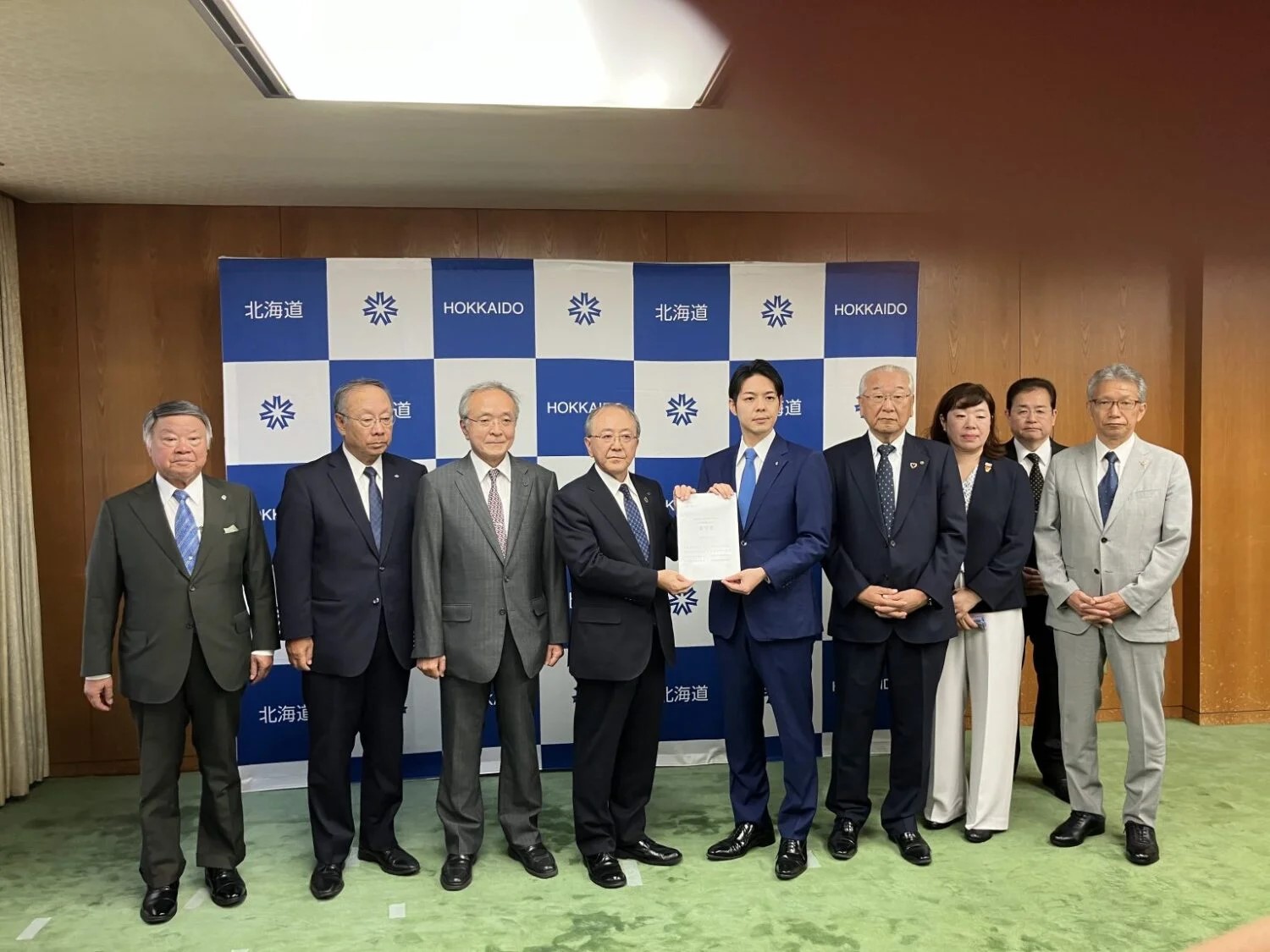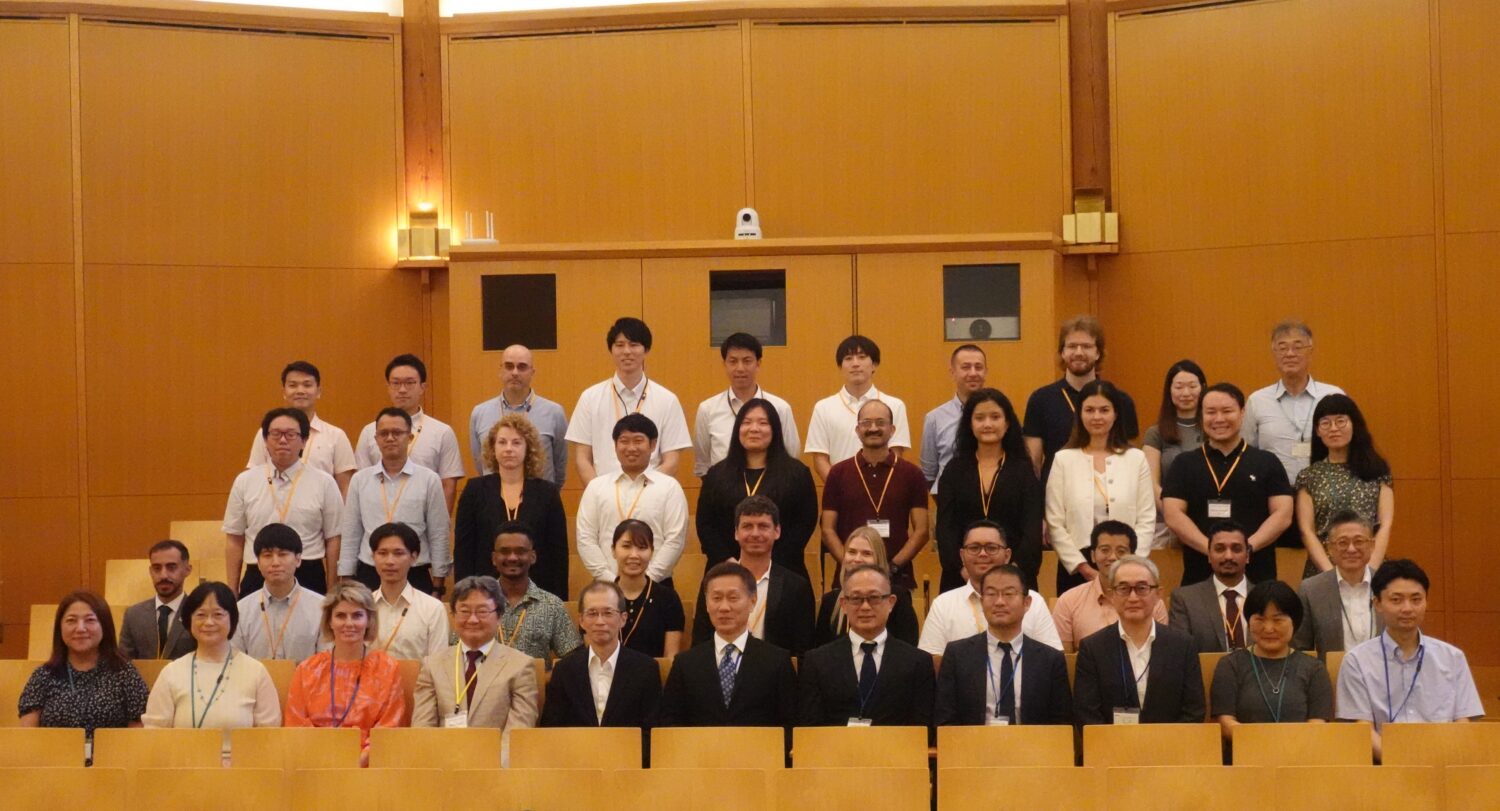At the meeting, the government explained to the relevant local parties how it intends to proceed with Monju’s decommissioning, along with the measures that it intends to put into place for regional development and growth.
Fukui Governor Issei Nishikawa, in attendance at the meeting, expressed his intention to approve the reactor’s decommissioning, saying that it was something that “could not be helped.” In response, the government announced that the spent fuel resulting from the process would be removed from the prefecture, though it did not specify any particular destination.
In December 2016, the national government had decided to decommission Monju. The governor vehemently objected to the proposal at the time, saying that the government’s policy on spent fuel was unclear. Now that local understanding has been gained, though, the government will go ahead with the decommissioning.
Chief Cabinet Secretary Yoshihide Suga and Minister Hirokazu Matsuno of the Ministry of Education, Culture, Sports, Science and Technology (MEXT) attended the council meeting from the government, while the local parties were represented by Governor Nishikawa and Mayor Takanobu Fuchikami of Tsuruga City.
The government, having stated its intention to transfer the spent fuel away from Fukui Prefecture and to reprocess it, will work out the details of the plan during the next five and a half years, by which time all the spent fuel will have been removed from Monju. Additionally, the reactor’s sodium (used as its coolant) and radioactive waste will also be removed from the prefecture.
 Commenting on the lack of a clear destination for the nuclear fuel, Governor Nishikawa said, “The national government needs to resolutely develop a plan, given that little progress has been made in selecting sites for the final disposal of spent nuclear fuel from the commercial nuclear power plants operated by the country’s electric power utilities.”
Commenting on the lack of a clear destination for the nuclear fuel, Governor Nishikawa said, “The national government needs to resolutely develop a plan, given that little progress has been made in selecting sites for the final disposal of spent nuclear fuel from the commercial nuclear power plants operated by the country’s electric power utilities.”
The decommissioning of the sodium-cooled FBR Monju (280MWe)—owned and operated by the Japan Atomic Energy Agency (JAEA), which is the country’s sole comprehensive nuclear energy R&D institute—will be a first for Japan. The national government plans to begin removing nuclear fuel from the reactor next year, and completely dismantle the facility three decades from now, in 2047.



-049.jpg)
.jpg)














